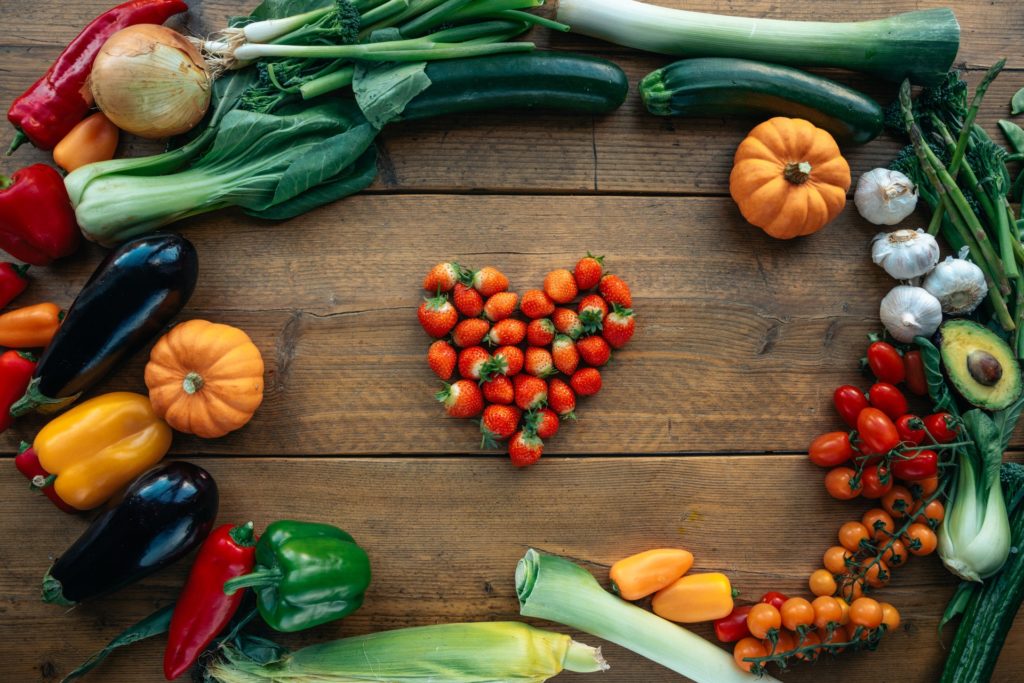
We’re midway through Veganuary, the annual challenge to those who typically consume animal products to spend a month going vegan. Reports suggest half a million people in the UK have made the pledge to eat only plant-based food as part of the initiative this year, and the number of participants has risen rapidly since the initiative was inaugurated in 2014. The organisers of Veganuary also work with food producers and supermarkets to get more plant-based food on the shelves, making taking part easier for everyone. Begun in the UK, Veganuary is now grabbing attention around the world, and genuinely might indicate a shift in how humans understand their relationships with food.
After all, time and again evidence shows the environmental problems resulting from current levels and methods of meat production. Reducing meat intake is the “single biggest way” to reduce your environmental impact upon the Earth given the amount of land used, and emissions produced, in meat and dairy production. In 2019 a report commissioned by the United Nations showed that other efforts undertaken with the goal of reducing environmental damage – for example, reducing car use – are largely pointless unless accompanied by “drastic changes in global land use, agriculture and human diets”.
I became vegan about 6 years; I’d been vegetarian for about 5 years before that. In that time I’ve seen such activity become significantly more mainstream. Interestingly, debates about how humans treat animals also seem to have become more common, and this appears to me to be part of a generational shift. When discussing the topic with undergraduate students, for example, the idea that thinking about the treatment of animals seems quite normal, and part of wider concerns about social and environmental ethics and justice; yet I find if the conversation comes up with people who are older – such as my own age – the discussion is often categorised as fringe or faddish.
Here’s my experience of becoming vegetarian, and then vegan. The former I found required much more of a shift in terms of thinking about what to cook and how to shop, because I was raised – like many – to understand meat as the central part of a meal around which everything was placed. Once I’d got over that assumption – and discovered the amazing opportunities for trying new Indian, Mexican and Thai that I’d been missing out on before – going vegan was not that big a step.
For me, it is this hurdle of rethinking what you’re used to that often functions as the biggest barrier for those considering removing animal products from their diet. In that sense, Veganuary is a useful initiative, encouraging everyone to give it a go and find out that it’s not that hard – the Veganuary website itself has a vast resource of delicious recipes. There is still a week left – so why not give it a go?
Brett Mills is Visiting Professor of Media at Edge Hill University, UK, and Honorary Professor of Media and Culture at the University of East Anglia, UK. He is the author and co-author of five books, including Animals on Television: The Cultural Making of the Non-Human (Palgrave 2017).
Photo by Viktoria Slowikowska from Pexels
